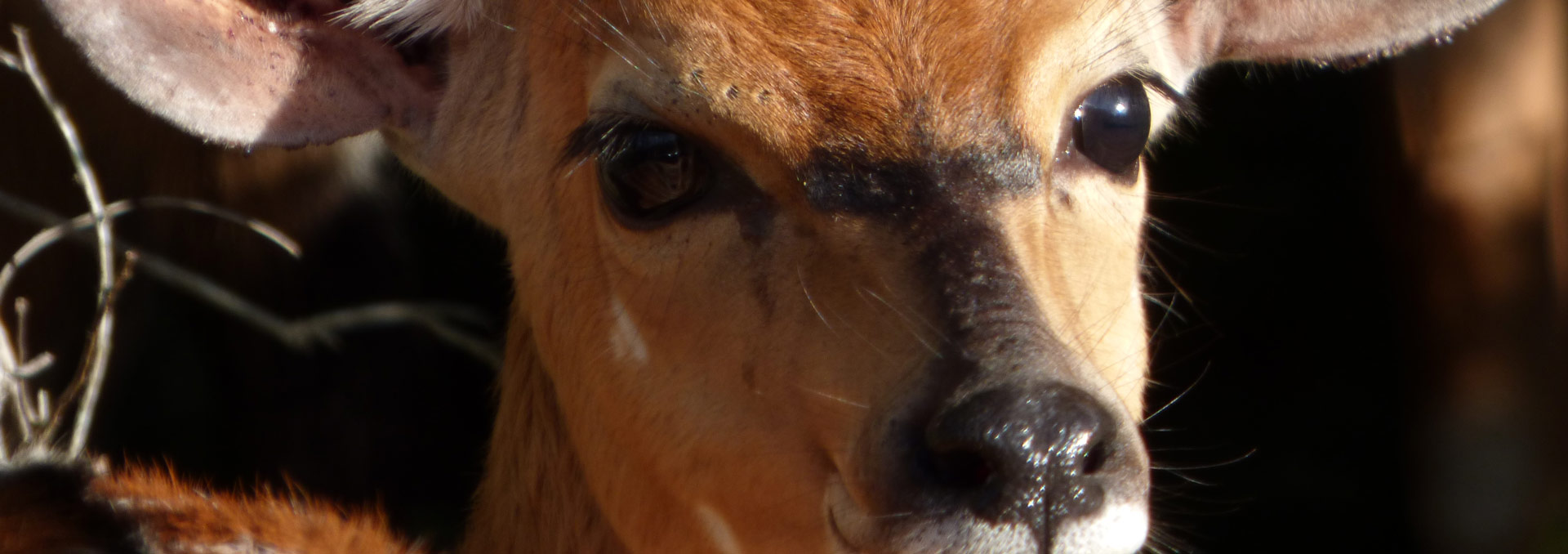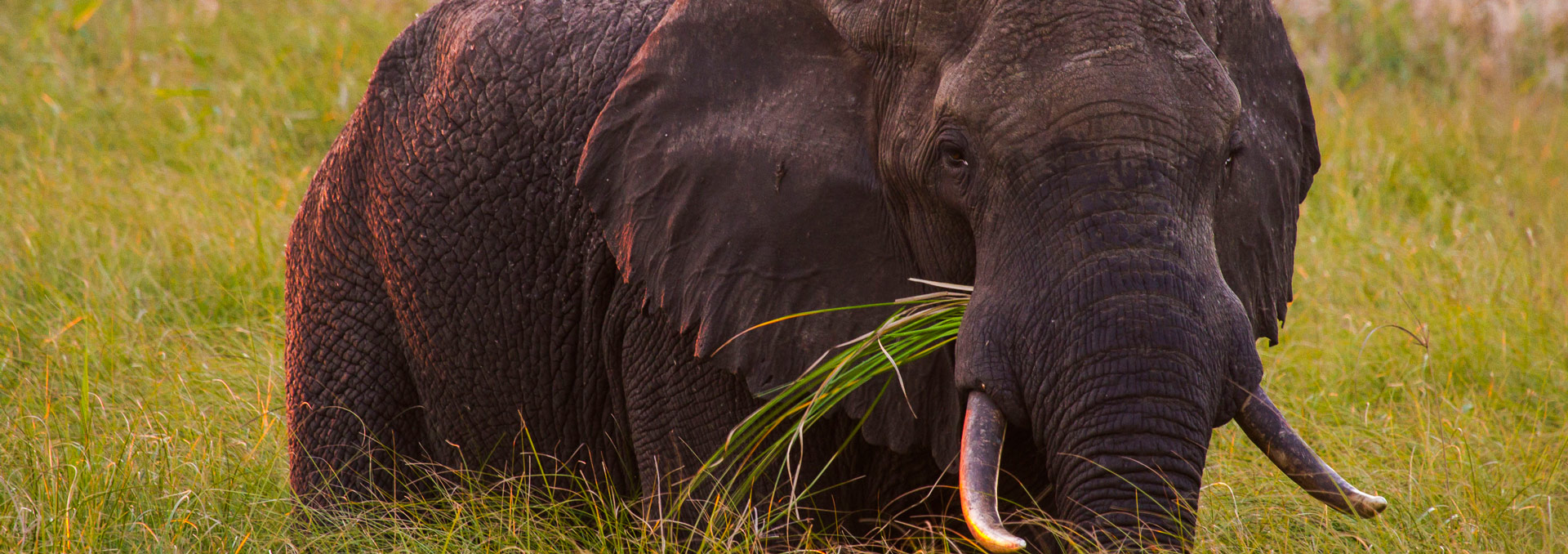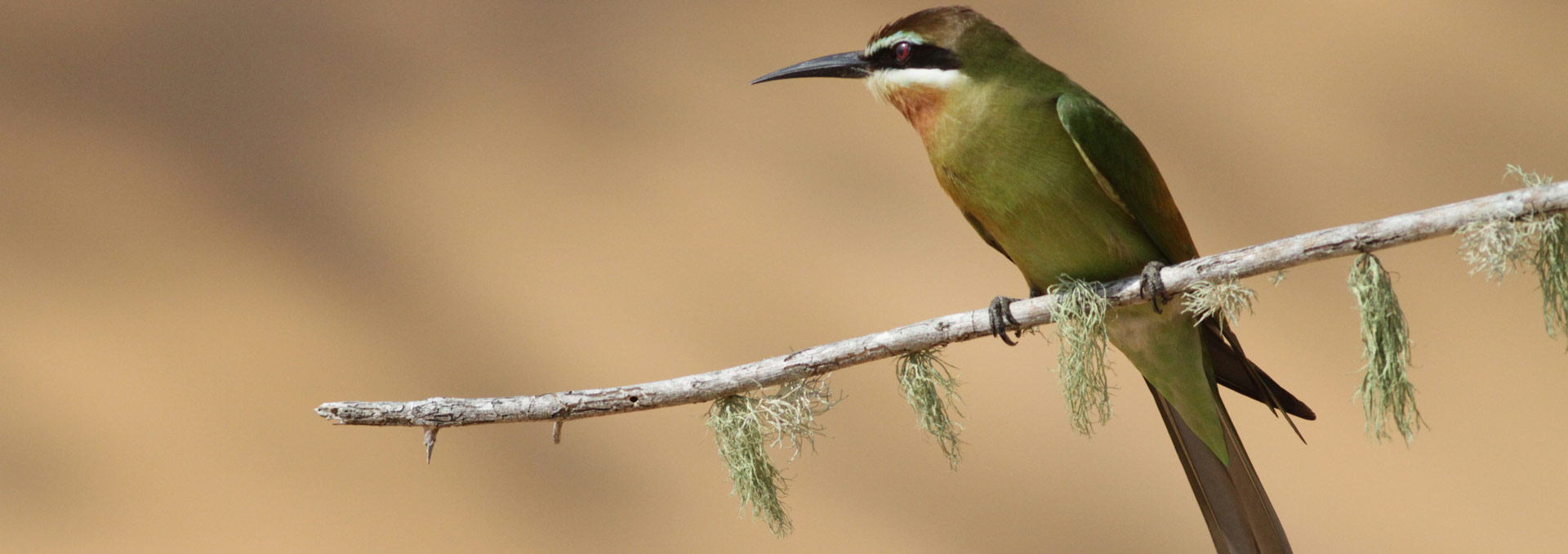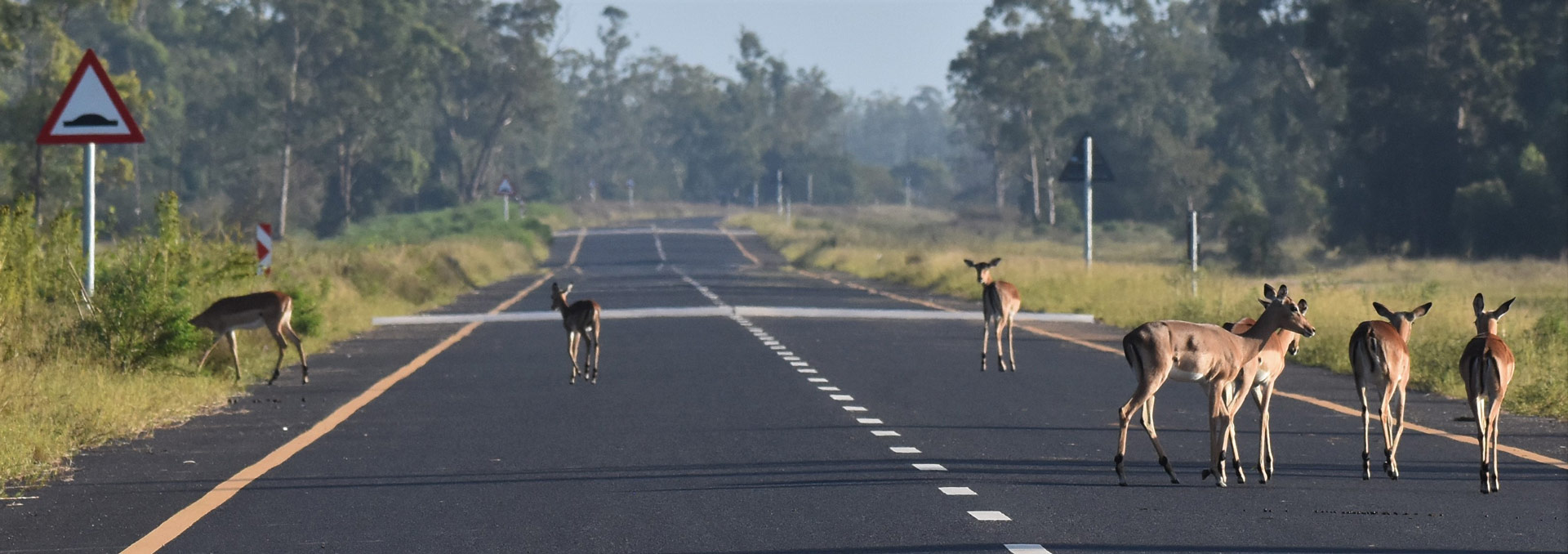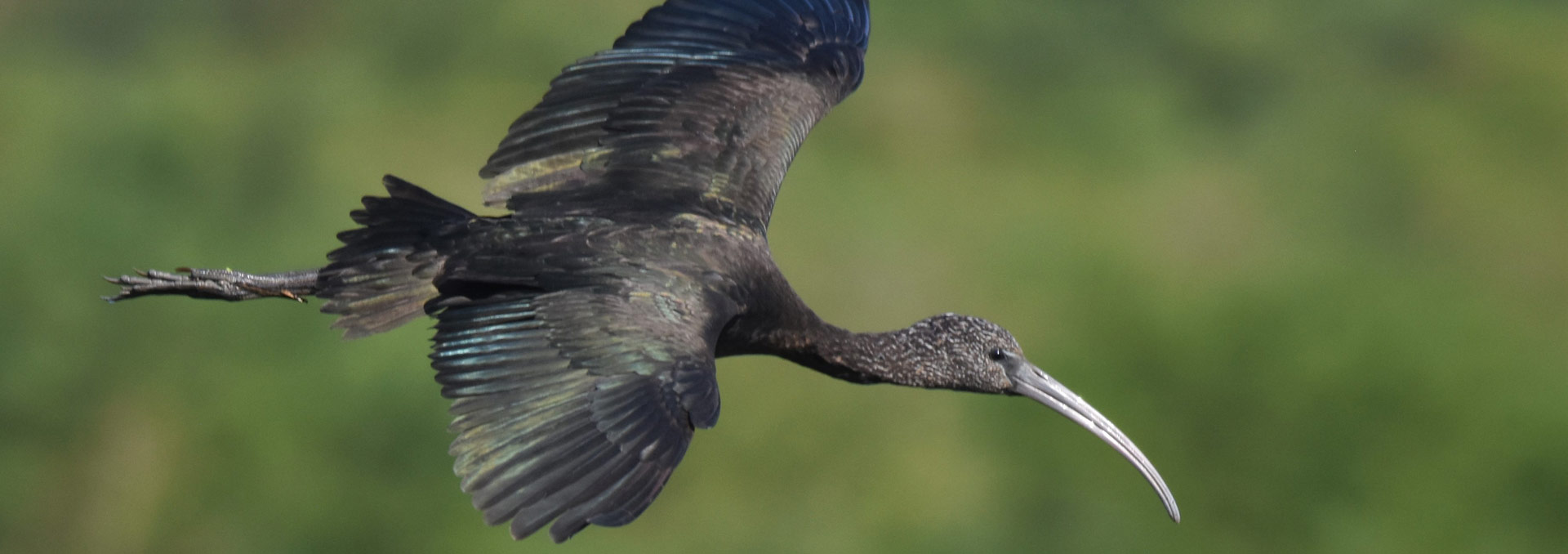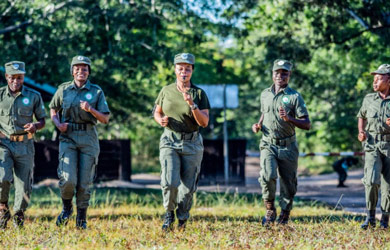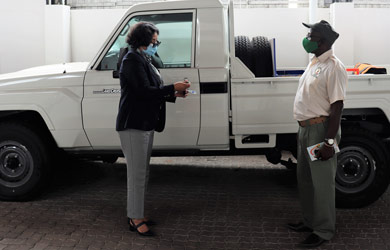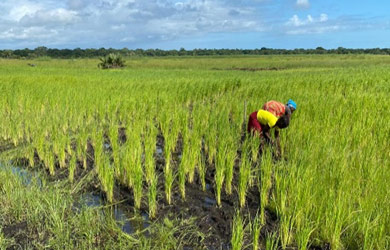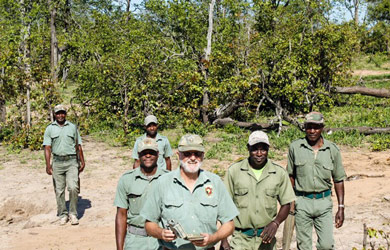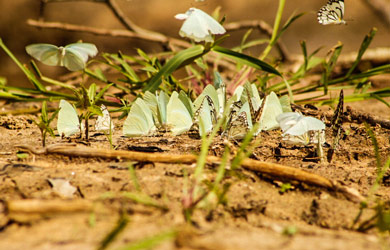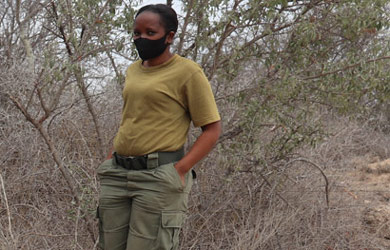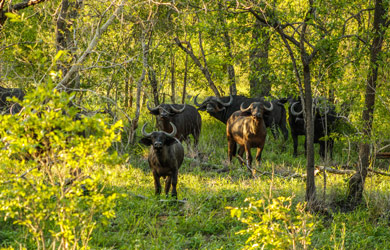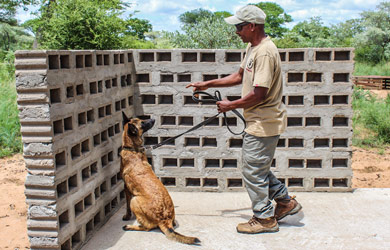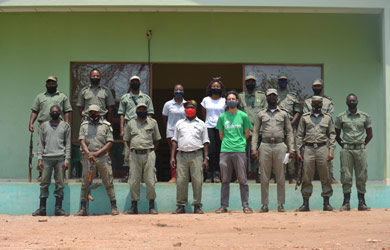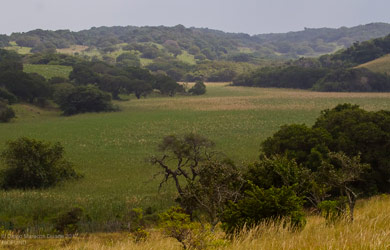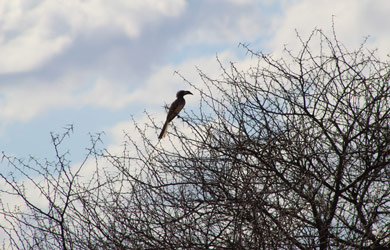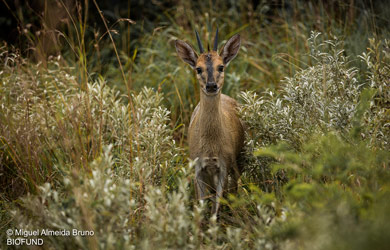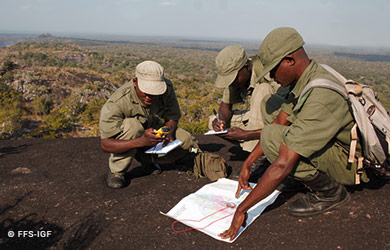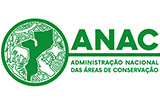Updated at 09/03/2023
Establishment of the BIO-Emergency Fund and
Impact of COVID-19 on the conservation of biodiversity
The new coronavirus (COVID-19) pandemic has been causing major negative impacts across the world, affecting not only human lives, but also means of livelihood. Due to the mode of transmission and spread of the virus (rapid quantitative and spatial spread of the disease), together with the lack of a cure, several countries like Mozambique have felt obliged to take measures to slow down the spread of the virus through the declaration of lockdowns, with various social, economic, environmental and political effects, which make themselves felt at all levels, and particularly in the tourism sector.
According to the Confederation of Mozambican Business Associations (CTA), by the end of May 2020, more than 22,000 professionals in cultural and tourist establishments in Mozambique had lost their jobs due to the economic consequences of the COVID-19 pandemic and more than 800 rangers of the Conservation areas were at risk of losing their jobs which are dependent on revenue from tourism.
In this context, the Foundation for the Conservation of Biodiversity – BIOFUND in June 2020, set up an immediate emergency support programme, called the ‘’’BIO-Emergency Fund’’ under the slogan ‘’Protecting Natural Resources in Times of Crisis’’ with the goal of channelling financial resources to the Conservation Areas in Mozambique and allowing the basic functioning of the rangers work and patrolling activities during the period in which there was no tourism revenue due to the COVID-19 pandemic, as well as providing some alternative economic gains to local communities living around the Conservation Areas.
The BIO-Emergency Fund is one of the various funds/modalities of support of BIOFUND for the National System of Conservation Areas. Click here to learn more about other types of support of BIOFUND.
Modalities of Support
Phase 1
Support only for the private sector
50% of the wages of all rangers and support staff of all rangers and support staff
Period: July 2020 – September 2020
Phase 2
Start of the grants to the public sector
Public and private operators: 100% of the wages of all rangers usually paid from tourism revenue and support staff
Operational costs: food and fuel, payment for preventive material against COVID-19, uniforms for rangers, community support
Other activities: payment for community work (opening and maintenance of access roads)
Period: October 2020- December 2021
Amount Disbursed
for Conservation Areas

3.3 Million USD
Beneficiaries
of the BIO-Emergency Fund
Up to December 2021
- Parque Nacional de Quirimbas
- Parque Nacional de Gilé
- Parque Nacional de Magoé
- Parque Nacional do Arquipélago do Bazaruto
- Parque Nacional de Zinave
- Parque Nacional de Banhine
- Parque Nacional do Limpopo
- Reserva Especial de Niassa
- Reserva Nacional de Pomene
- Reserva Marinha Parcial da Ponta D’OURO
- Reserva Especial de Maputo
- Coutada Oficial nº 11
- Sábiè Game Park
- Muthemba Safaris
- Safáris de Moçambique
- L8
- L9
- Nicage
- Luwire-Lugenda Wildlife Reserve
- Mahimba Game Farm
- Dombawera/Mashambanzou/Ngalamo Safaris
- Chipanje Chetu
- Tchuma Tchato
Impacts Achieved through the BIO-Emergency Fund
1066
RANGERS
AND SUPPORT
STAFF
Who remain in their jobs
3035
PATROLS
PER
MONTH
Are guaranteed

13,139,211
HECTARES
Of biodiversity protected
News
Relevant Documents
Download the program progress reports and factsheets here
Partners
Donors






